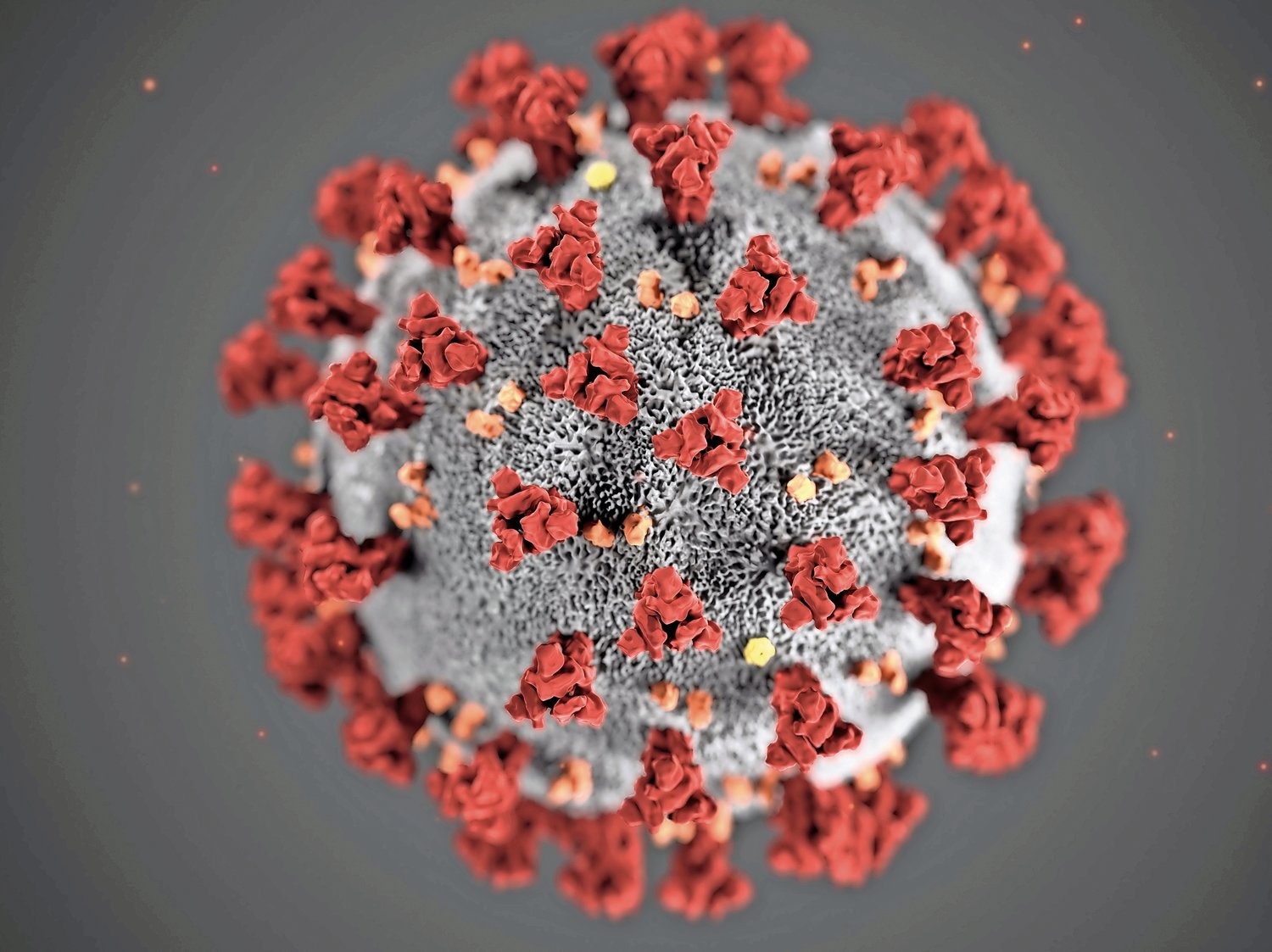Coronavirus pandemic is more than a medical issue
Mental health care is crucial during the pandemic
With the focus largely on physical health during the coronavirus pandemic, Glen Head resident Andrea Macari, a clinical psychologist with a practice in Manhasset, said that mental health has been neglected.
“There’s a lot of talk in the media about flattening the curve,” Macari said, “but we also need to talk about flattening the mental health curve.”
She has seen her patients change, she said, usually in one of two ways. Some have exhibited an improvement in mental health because key stressors, such as school and work, have been removed. But how they will react when society returns to normal, Macari added, is difficult to predict.
Others, she said, are having serious psychological problems. Front-line workers, immunocompromised people and parents trying to help children manage distance learning are among them. Their problems arise not only because of the short-term issues the pandemic presents, she said, but also because of the uncertain future.
“Not knowing when it’s going to end really contributes to the hopelessness a lot of people feel,” Macari said.
While the pandemic has affected all aspects of life, she said, its effects can show up in different ways.
Signs of stress in children
As children grow under normal circumstances, Macari said, they reach a variety of developmental milestones. But because of the social and emotional disruptions caused by the pandemic, they may not meet those milestones. The regression of academic skills is frightening, she said, but the lack of socialization is even more so. Socializing plays a key role in children’s development, and being forced to stay home, separated from peers, can impede their growth.
Barbara Rakusin, executive director of the Youth & Family Counseling Agency of Oyster Bay-East Norwich, said that disruption of routine can be very stressful for children. Having grown comfortable with the day-to-day progression of their lives, and having it change so drastically in such a short time, can be traumatizing.
The struggles of their parents can also have a deleterious effect on children during a pandemic, Rakusin said. As parents deal with medical or financial problems and their emotional well-being becomes more fragile, their children’s lives change dramatically, and no longer feel normal.
Addicts can regress
The Youth & Family Counseling Agency has an outpatient program for those struggling with substance abuse, Rakusin said, and many of them are at greater risk. The stress created by the pandemic can force recovering addicts to fall back into substance abuse, because that was what used to bring them comfort.
“Folks who were managing their disease well many have started increasing their use or relapsing and using again,” Rakusin said. “Even someone who’s in recovery and has been living a substance-free life, with the additional stressors of the pandemic . . . we go to what we’re comfortable with.”
The YFCA has seen an increase in enrollment in its substance-abuse program, she said, adding that she hoped that further treatment would help her clients develop strategies to prevent themselves from going back to using.
Anxiety among seniors
Carol Waldman, former director of the Glen Cove Senior Center, said that loneliness is one of the biggest causes of depression in seniors during this kind of crisis. Many are isolated to begin with, she said, and look forward to socializing at church or a senior centers. With most of those opportunities gone, Waldman said, some seniors simply have no one they can spend time with.
The anxiety brought on by the pandemic also plays a large role in the decline in seniors’ mental health, she said. The coronavirus is known to be especially dangerous among them, and that, Waldman said, has magnified the sense of their own mortality many of them already had.
Ageism is just as big a problem during a pandemic, she said, as it is at any other time. Seniors may believe they could be passed over for treatment in favor of younger people if, for example, there is a shortage of ventilators. Older people continue to feel like they are being left in the dust, she said, at a time when what they need most is support.
But, Waldman said, all people are united in the fight against the coronavirus, regardless of their age. That, she said, is reason for optimism. “The fact that we all feel it makes it not just our own pain — it’s a human pain right now,” she said. “There’s some odd comfort in that, and the comfort is that we’re getting through it together.”







